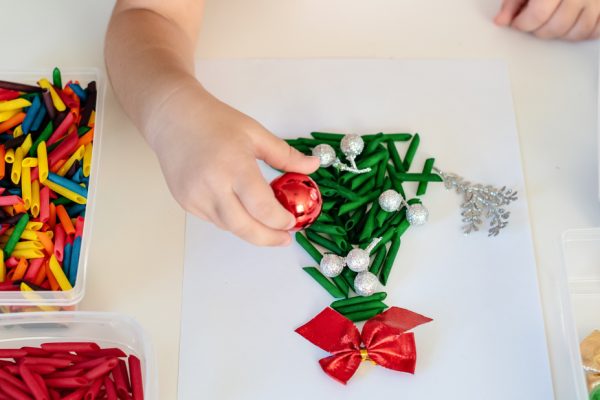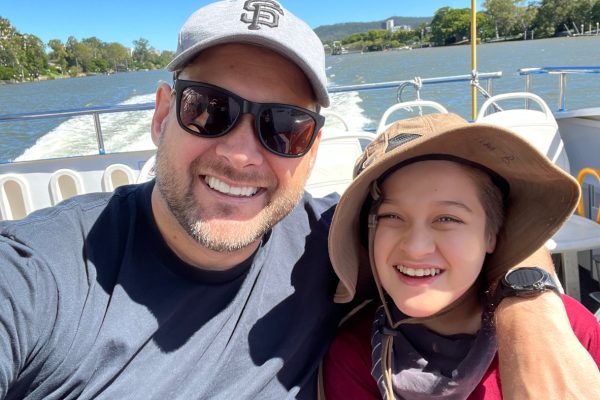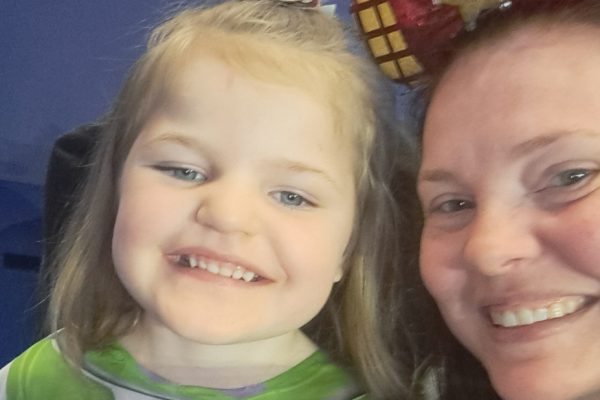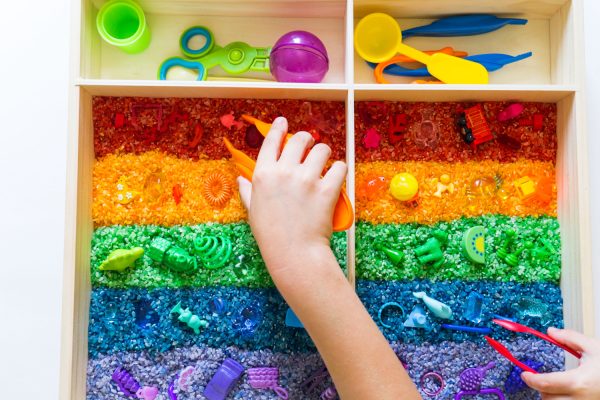
The wonderful ways music can impact wellbeing
By Leanne King (Lee)
Music is medicine. It helps us connect, communicate and express, heal, learn and belong. Music is humanity’s universal language – primal, timeless and inclusive. It offers children with disabilities, their families and their carers an expressive outlet and a host of wellbeing-boosting benefits.
Amidst relentless appointments and arduously long days, it can be practically and emotionally challenging to make space for parent-child or carer-child bonding. Music facilitates opportunities to nurture connection and lower stress. Because listening to or making music releases the “happy hormone” oxytocin, you’ll chemically build trust while enjoying a shared experience.
“When words fail, music speaks” – Hans Christian Anderson.
Through music, children can express themselves. Music aids communication skills, supporting speech, language and auditory processing. It creates a comfortable and natural avenue for neurodiverse children to learn and process information, and to communicate their needs, wants and emotions.
Playing instruments and or rhythmic activities can improve posture, balance, coordination and physical control. Banging drums and action songs build dexterity, hand independence, and gross and fine motor skills.
Music engages the entire brain, making it the ultimate brain workout. It can help with sensory processing and cognitive function. Research has shown that music can stimulate the brain, improve memory, concentration and quality of life at any age. Many children’s songs are specifically designed to teach concepts such as counting, pairing and problem-solving.
Music has been proven to have healing properties. It is used clinically to manage pain and stress. Psychologist Daniel J Levitin, PhD, found that music improved the body’s immune function and reduced stress and pre-surgery anxiety more effectively than prescription medications (Trends in Cognitive Sciences, April 2013).
MUSIC AS THERAPY
‘Music therapy’ involves the use of various musical instruments, techniques, and activities to achieve specific wellness goals. In the context of disabled and neurodiverse children, music therapy is used to address a range of emotional, cognitive, physical and social needs, and has been shown to have immense benefits. In a study published in the Journal of Music Therapy, researchers found that music therapy improved communication skills, social interaction, and emotional regulation in children with Autism Spectrum Disorder (ASD). Another study published in the Journal of Intellectual Disability Research found that music therapy improved language skills and reduced anxiety in children with Down syndrome. Teachers and support staff are encouraged to participate in music therapy sessions to encourage skill-building and sustainable outcomes.
Music therapy is for everyone, regardless of ability. In a supportive environment, kids can develop social skills and build friendships while exploring the foundations of conversation and social graces such as turn-taking and collaboration. Group music therapy sessions help establish a sense of belonging and community – a proven factor for longevity and wellbeing (Poulain & Herm, 2022).
MUSIC THERAPY IS EVERYWHERE
Structured therapy sessions aren’t the only way to access the therapeutic benefits that music provides. Incorporating the magic of music into your daily life can help manage challenging behaviours, promote positive interactions and learning.
Trying to teach a skill or concept? There’s probably a song for it. YouTube and streaming services are a great resource for free music. Triggered by transitions such as packing away, getting dressed, meal times or car rides? A song can help facilitate smooth transitions and present instructions in a gentle, inviting way. Lullabies are proven to lower heart rate and prepare your body for sleep. Dim the lights and pop on a lullaby playlist to cue the zzzz’s.
NOT JUST FOR KIDS
You can (and should) take advantage of music’s power to energise, soothe, focus and connect. Earphones in and volume up! Soak in your favourite tunes, explore new ones, and feel your mood shift. Sing! Even if it’s just in the shower. Dance! Even if it’s just in your bedroom. It is proven to disperse anxious energy, release endorphins and lower stress. Regulate your nervous system and quiet your mind with a musical sleep induction. Or, utilise music as a means to process emotions and fears. Try songwriting. Remember, it doesn’t have to be perfect or even for anyone else’s ears. Participate in group music. Drumming circles, choirs or bands provide community connection and respite, boost endorphins, and shift negative energy. Sound baths use resonant music vibrations in conjunction with meditation and/or yoga to alleviate worry and leave you awash with a sense of wellbeing.
While music won’t offer a cure-all, it is an elixir to holistically improve wellbeing. Inject a song into your day. Let your heart pulse to the beat of the drums. Take a musical chill pill. Music is medicine for the mind and soul… now, time for your daily dose!
Leanne King (Lee) is a writer and member of the ARIA Nominated children’s music group, TIPTOE GIANTS . Along with band members Meg, a music educator, and Vee, a registered music therapist, TIPTOE GIANTS creates inspiring, inclusive music for children to THINK, FEEL and GROW as individuals and within communities. Their upcoming album, Small But Mighty, has a therapeutic focus; a collection of original songs, mantras, poems and relaxation inductions. TIPTOE GIANTS is passionate about supporting the disability community, and performs regularly at SourceKids Expos across Australia.







